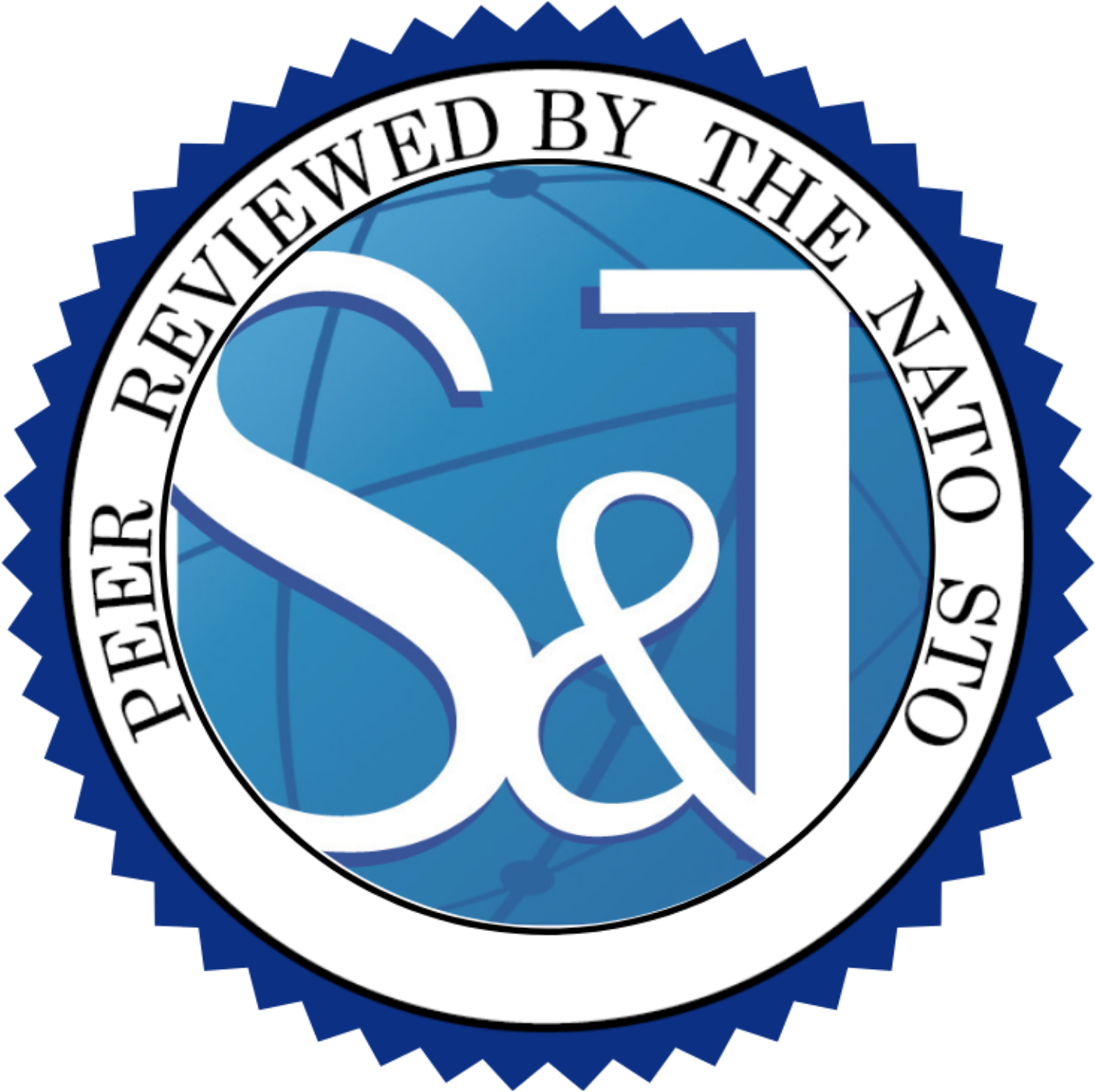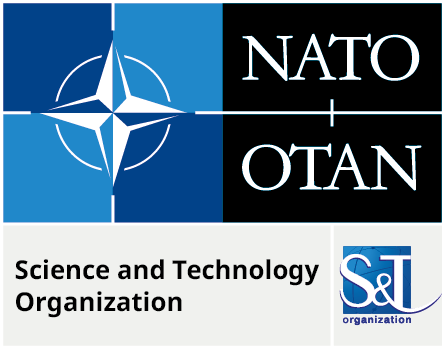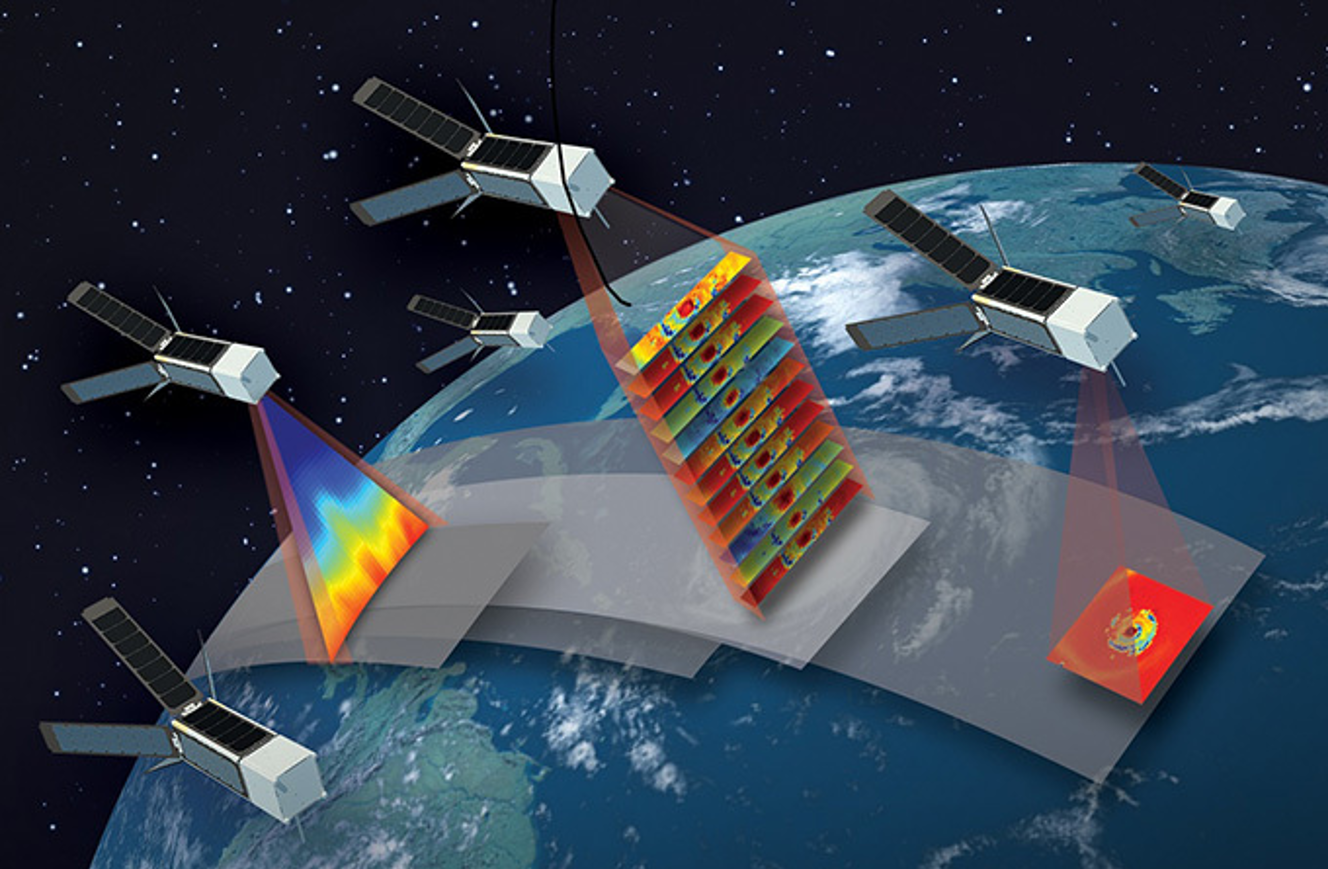Author(s): A. Hall; P. AllenJ. Martin; M. Trichas; J. Wickham-Eade ![]()

DOI: 10.14339/STO-AVT-336-12 | ISSN: TBD
With the decrease in cost for launching into space, and growing customer demand, there has been an increasing number of smallsat constellations being brought to market, each with up to thousands of individual satellites. This increase in the number of satellites highlights the need for collision avoidance manoeuvre management and active debris removal (ADR) technologies to maintain a clean space environment. Airbus have developed and demonstrated a variety of ADR technologies, this paper specifically highlights the harpoon, net and robotic based capture
Citation:
ABSTRACT
With the decrease in cost for launching into space, and growing customer demand, there has been an increasing number of smallsat constellations being brought to market, each with up to thousands of individual satellites. This increase in the number of satellites highlights the need for collision avoidance manoeuvre management and active debris removal (ADR) technologies to maintain a clean space environment. Airbus have developed and demonstrated a variety of ADR technologies, this paper specifically highlights the harpoon, net and robotic based capture. These technologies are vital to the continued safe use of space, both for commercial and military assets, but there is a possibility for hostile nations to use them maliciously from their own satellites. As an ADR service will be able to detect and capture an uncooperative target, it could be used to target functioning satellites in order to disrupt their service. Satellites are designed to be perfectly balanced in their environment and any changes, such as a thermal imbalance, can have a negative effect on providing its intended capability. Airbus are committed to the safe use of space and are working with agencies to enable these ADR services as well as protect from their misuse
DOWNLOAD FULL ARTICLE


